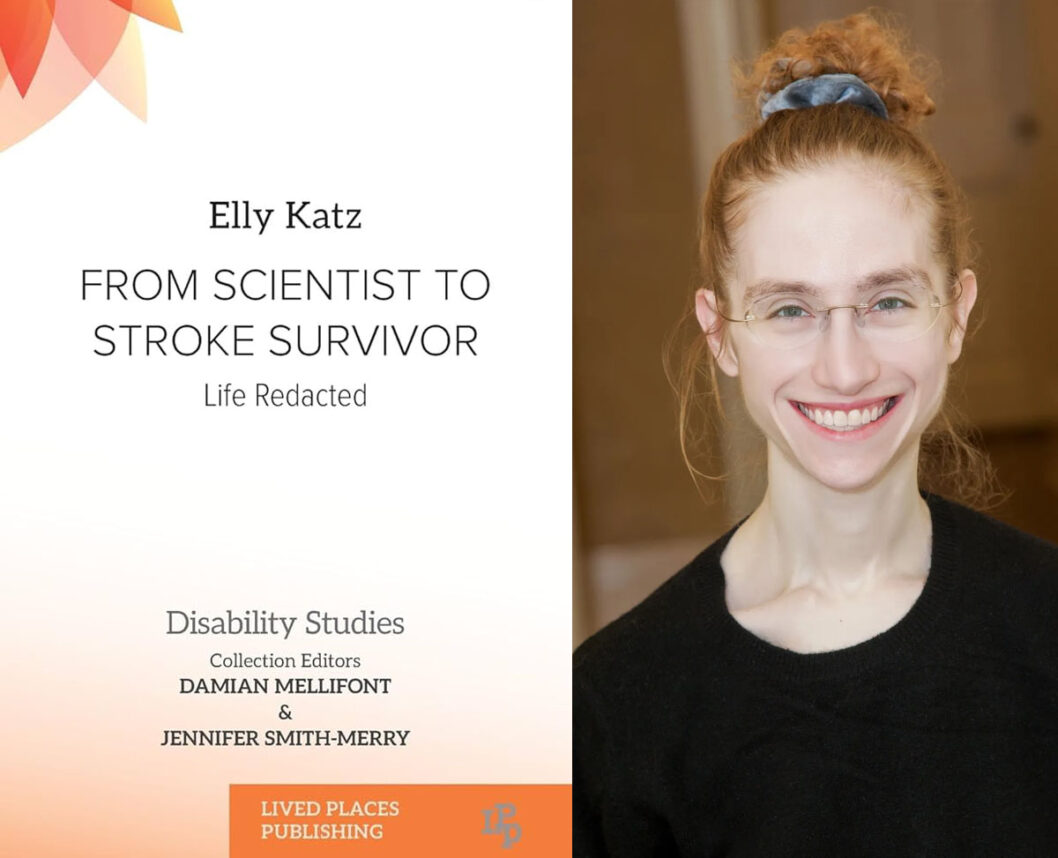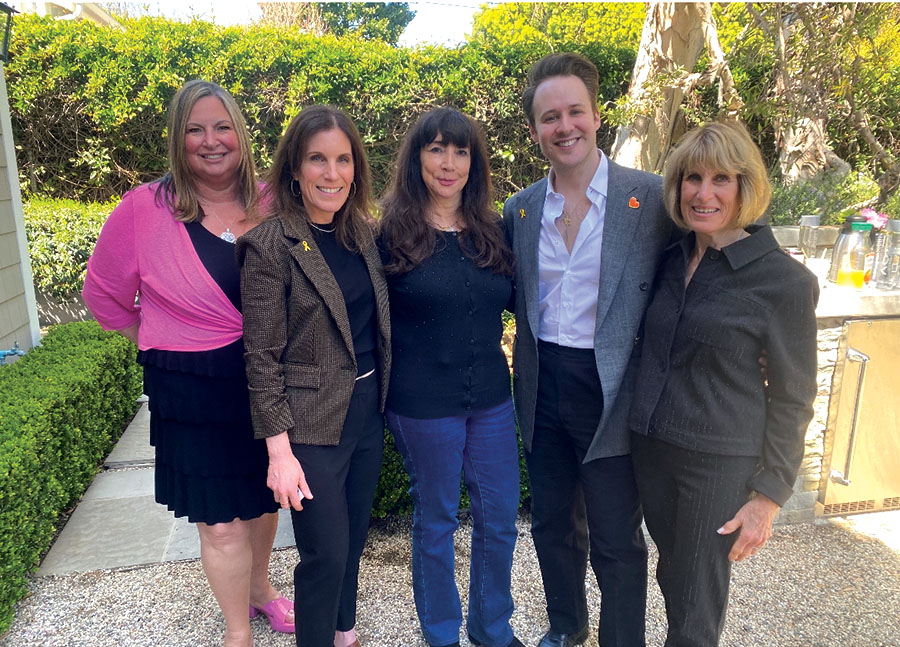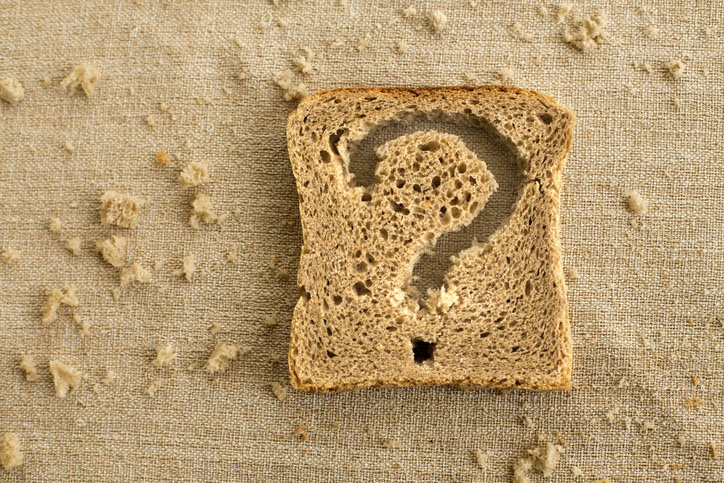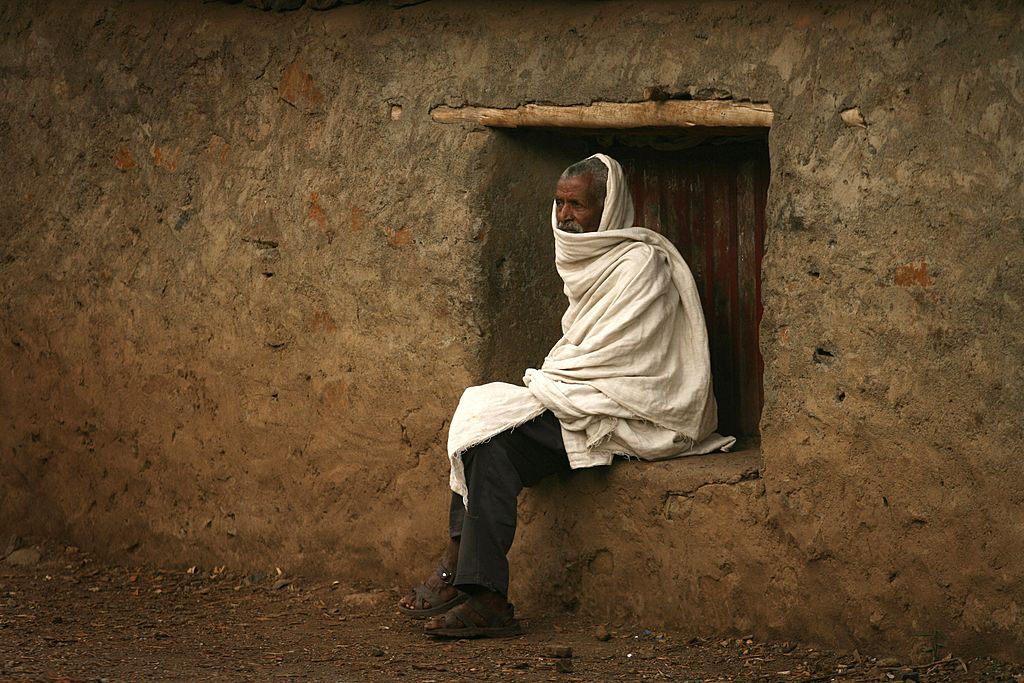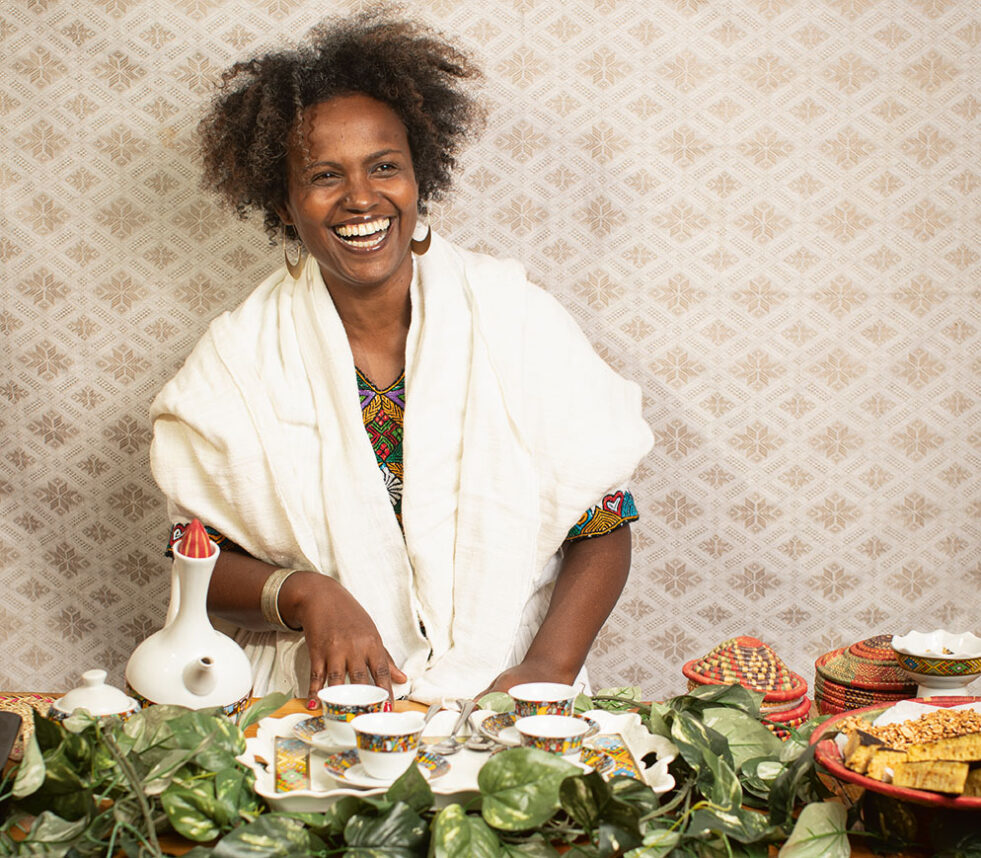When Brianna Ross passes by Temple Aliyah in Woodland Hills, she signs one word to her mother over and over again: "School, school."
"She just loves going there," said Adrienne Ross, Brianna’s mother.
Brianna, 9, has cerebral palsy and developmental delays; she is also a kidney patient. For the past three years, Brianna has attended Aliyah’s religious school with the help of a one-on-one aide. But her abilities are now lagging significantly behind those of the other children and Ross was afraid this past year might be Brianna’s last one at Aliyah.
"It was OK when the children were listening to stories and coloring, but now they’re going to be learning Hebrew and she would have been lost," Ross said. "It would have caused frustration not only for her but for the teachers and the other children as well."
Ross figured the family had no choice but to enroll Brianna at Valley Beth Shalom, which for years has run Shaare Tikvah, the only religious school program in the San Fernando Valley specifically designed for children with special needs.
Then administrators at Temple Aliyah decided to create their own program, Otzar, aimed at children with severe learning disabilities, attention deficit hyperactivity disorder (ADHD) and developmental problems. The synagogue requested and received a $10,000 grant from the Jewish Community Foundation for the program; that, plus a generous donation from members Steve and Ellen Sevran, made it possible to organize two small classrooms with an adapted Judaic curriculum with the goal of including the children in general religious school activities, such as assemblies, tefillah (prayer) and concerts.
So far, six students in grades two and three have enrolled in Otzar, which means "treasure" in Hebrew. The synagogue hopes to expand the program to include younger children whose parents have expressed an interest in enrolling them in religious school.
"We’ve started to see a growing need of children coming in through the preschool who are going to be needing this kind of program," said Pamela Rooks, Aliyah’s religious school director.
Rooks said the school already offers "pull-out" sessions with two on-staff specialists, but that not everybody "can be mainstreamed like that and so those children are not here. Their parents enroll them other places. We want those children to be here."
Rooks’ experience is not unique. Over the past several years, school administrators at synagogue religious schools and preschools have noticed an increased number of children with developmental problems, mostly autism, plus learning disabilities and ADHD.
While children with learning differences and ADHD can sometimes get along in regular classrooms with extra help, many more children are coming through school doors with serious handicaps — and with parents whose burning desire is to see that their children, like all Jewish children, receive a Jewish education.
Bonnie Vorspan, preschool director for Kol Tikvah in Woodland Hills, said preschool administrators and teachers are usually the first to notice a child is developing atypically.
"We’ve talked about it in directors’ groups. We’re noticing more and more children coming in and we’re having to tell parents their child has to be evaluated. It’s very difficult — both to tell them and to help them through the process," Vorspan said.
The increased need for helping such families is part of what fueled the creation of a new organization, the West Valley Consortium for Children with Special Needs. The group is comprised of Jewish agency leaders like Joel Baker of United Synagogues for Conservative Judaism, Sally Weber of Jewish Family Service and representatives from four synagogues: Temple Aliyah, Kol Tikvah in Woodland Hills, Shomrei Torah in West Hills and Temple Judea, which has campuses both in West Hills and Tarzana.
Weber said the idea for the consortium occurred earlier this year.
"I staff a committee called ‘The J in JFS’ committee and had invited Rabbi Mark Diamond [of the Board of Rabbis], Rabbi Alan Henkin [of the Union of American Hebrew Congregations] and Baker to come and talk about some of the needs synagogues have and the ways Jewish Family Service could be helpful," Weber recalled. "Joel had this enormous laundry list and I asked him, ‘Out of this whole list, what is most burning issue?’ and he said, ‘Special-needs families.’ He said he had no personal connection, he just sees the need of families and said the Jewish community was not doing what needs to be done."
Baker was unavailable for comment.
So far, the consortium has met twice to brainstorm and share ideas that will boost one another’s programs. Ironically, each synagogue involved works with a different age group: Judea has a preschool program for children with special needs, Kol Tikvah a weekly chavurah/support group for parents of children ages 3 to 5, Aliyah’s new program is for children in first and second grade and Shomrei Torah’s class is comprised of children in three through sixth grade.
"I’m just hoping that we can really be a support for each other," said Vorspan, who has run Kol Tikvah’s Shalom Chaverim program for the past five years. "If I can in some ways help synagogues to incorporate a parent component [in their programs], it will be a phenomenal thing for the families."
Ross said she is grateful the issue is finally gaining attention and support from the synagogues.
"Consistency is very important for children with special needs, like being able to go to school at the same place the family goes to synagogue and not having to drive a half-hour away," she said. "I have four children including Brianna. She should be able to go where her sisters go — and now she can."






